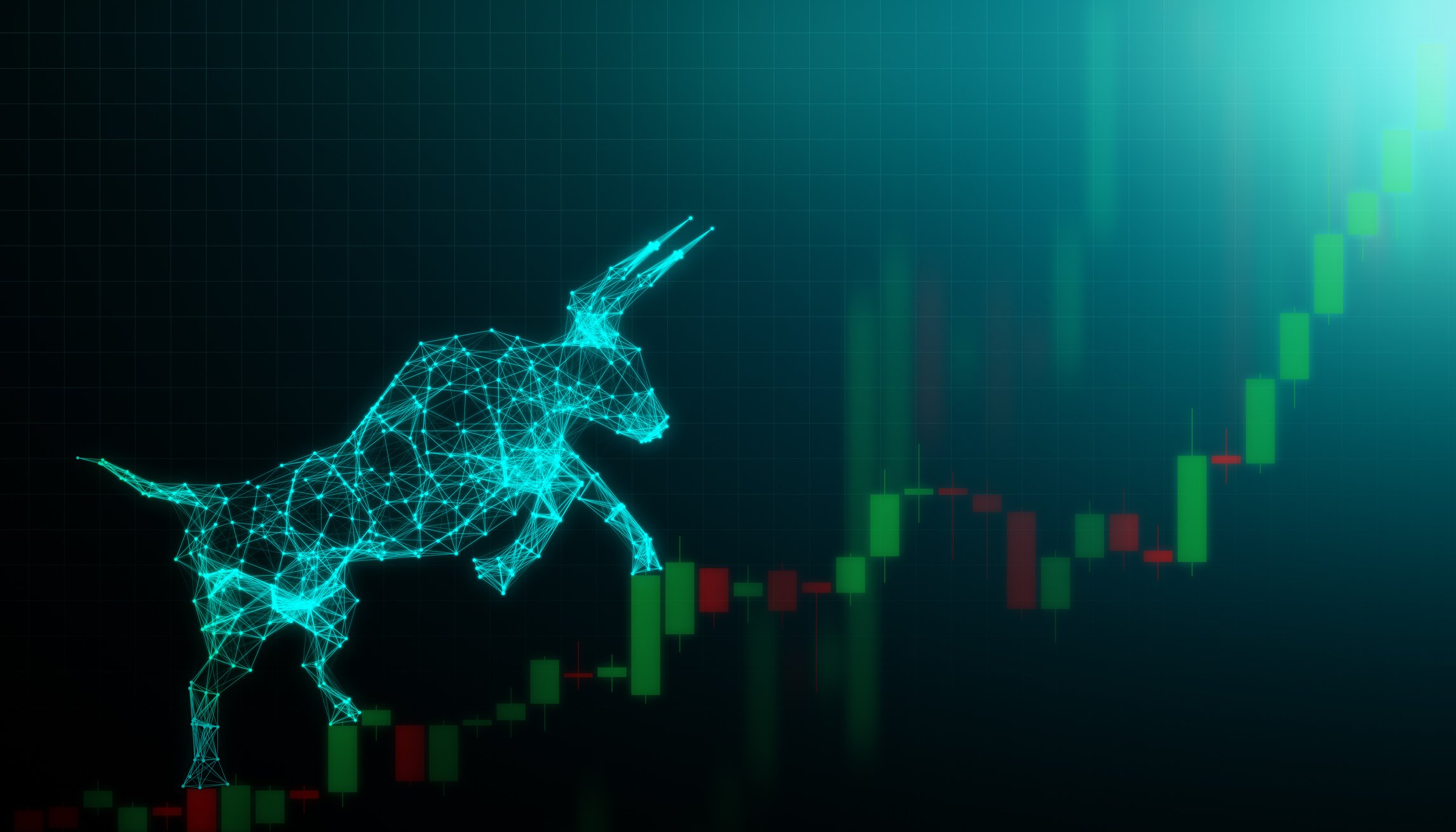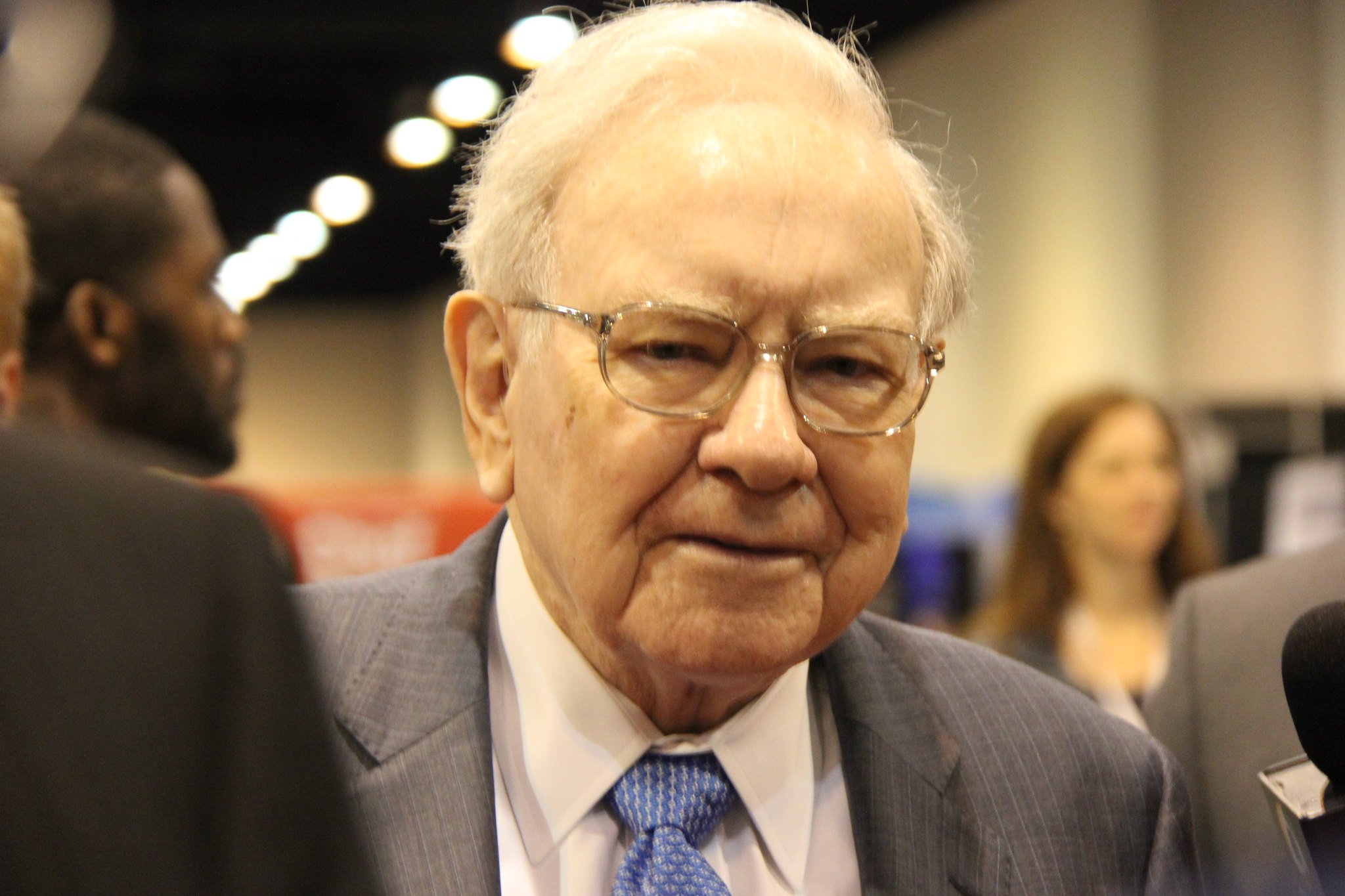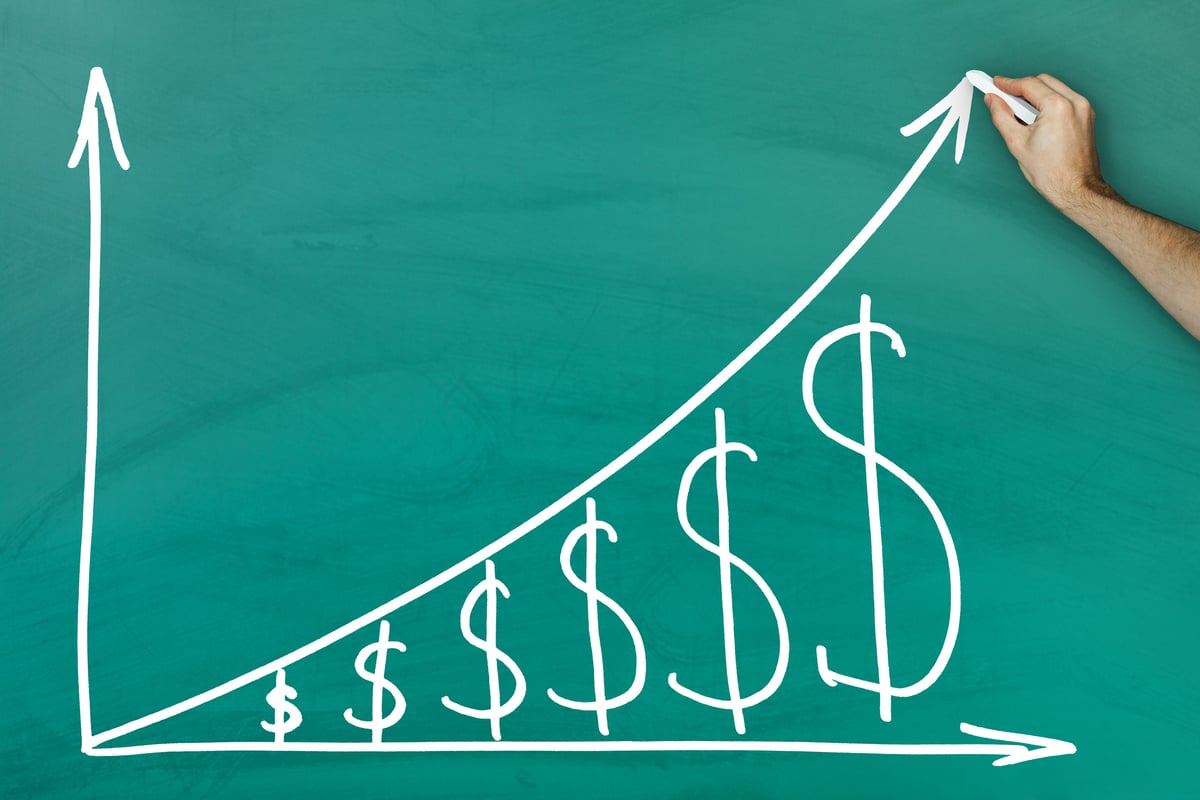Most investors will have an easy decision on whether or not to buy Berkshire Hathaway (BRK.A +0.71%) (BRK.B +0.74%) stock -- if we're talking about the company's class A shares. With one share costing nearly $723,000, the answer will be a quick "no."
But what about Berkshire's class B shares? Their price is much more affordable (less than $500 as of July 28, 2025). Is Berkshire Hathaway (BRK.B) stock a buy now?

Image source: Getty Images.
The case against buying Berkshire Hathaway
Let me first try to talk you out of buying Berkshire Hathaway class B shares. Perhaps the most compelling argument against the stock is that even Warren Buffett isn't buying it these days.
Buffett has the authority to initiate stock buybacks at any time he thinks the share price is below Berkshire's intrinsic value. The only caveat is that the conglomerate's cash, cash equivalents, and U.S. Treasury holdings can't fall below $30 billion. That hasn't been a problem in a while, considering Berkshire's cash position has remained above $300 billion throughout the last 12 months.
While Berkshire regularly repurchased its shares between late 2018 and early 2024, the buybacks screeched to a halt in the second half of last year. Buffett doesn't seem to view his own stock's valuation as attractive enough to buy. With Berkshire's forward price-to-earnings multiple of nearly 24 higher than the S&P 500's forward earnings multiple of 22.9, I suspect many investors would agree with him.
Speaking of Buffett, he's stepping down as CEO at the end of this year. His imminent departure is another reason why some investors might decide against buying the stock. For decades, Buffett and Berkshire have been synonymous. The loss of that connection could cause the stock to lose its mojo and mystique.
Last, but not least, we're in an age of rapid technological advances. The stocks of companies pioneering artificial intelligence (AI), quantum computing, and self-driving cars could offer investors much stronger growth prospects over the next decade than Berkshire will.
The case for buying Berkshire Hathaway
Why consider buying Berkshire Hathaway stock? For one thing, it's not that expensive. Berkshire's shares trade at only 12.8 times trailing 12-month earnings, a level that's well below the average over the last 10 years. The forward earnings multiple relies on the accuracy of analysts' earnings projections, which aren't always right.

NYSE: BRK.B
Key Data Points
Keep in mind, too, that Buffett is less likely to repurchase shares now than in the past. The Biden administration's Inflation Reduction Act of 2022 imposes a 1% excise tax on stock buybacks.
Also, Buffett's passing the baton to incoming CEO Greg Abel shouldn't be a traumatic event. Abel's investment philosophy is similar to Buffett's. The "Oracle of Omaha" isn't going away, either: He'll continue to serve as chairman of the board. Importantly, Buffett told Berkshire shareholders at their annual meeting in May, "I think the prospects of Berkshire will be better under Greg's management than mine."
Investors who buy Berkshire Hathaway shares will still benefit from technological advances. AI should make many of the conglomerate's subsidiaries and equity holdings more profitable. Some of the stocks that Berkshire owns are leaders in several of the hot technologies, including Amazon (AMZN +1.96%), Apple (AAPL 0.50%), and BYD (BYDD.F 0.08%) (BYDDY +0.74%).
Importantly, Berkshire's diversification can help investors over the long run -- just as it has in the past. The stock could provide more reliable returns because of its exposure to multiple sectors.
Is Berkshire Hathaway stock a buy?
I think Berkshire Hathaway's class B shares are a good pick for investors right now. The arguments for buying the stock outweigh the arguments against it, in my opinion.
There's also a near-term consideration. With the stock market valuation at historically high levels and the full impact of tariffs yet to hit the U.S. economy, the possibility of a market downturn could be greater than many investors realize. Berkshire Hathaway could be seen as a safe haven stock if this happens, especially with the conglomerate's massive cash stockpile of nearly $348 billion. Buying Berkshire now could provide an insurance policy of sorts if turbulent times lie ahead.










